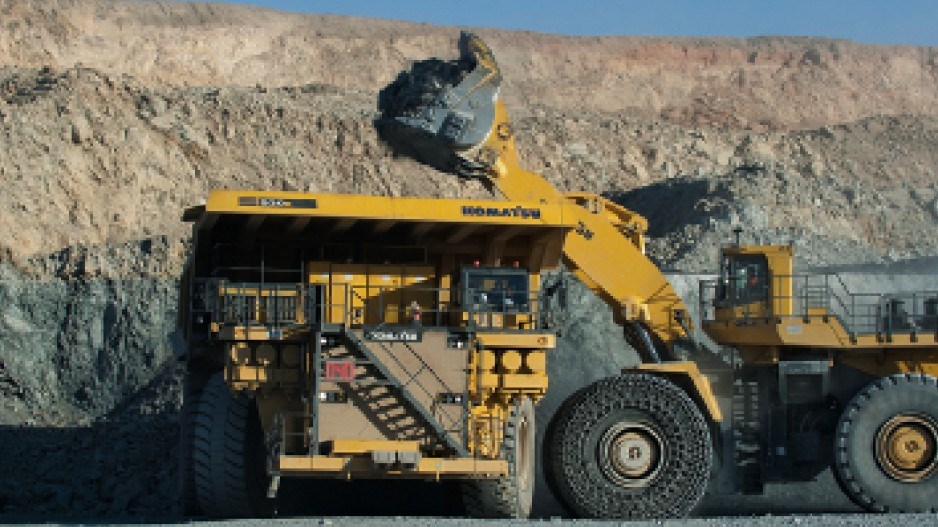The first loads of concentrate from Oyu Tolgoi, a $6.6 billion open-pit copper gold mine in Mongolia owned by Vancouver’s Turquoise Hill Resources (TSX:TRQ), were scheduled to be shipped one month ago.
But the product remained halted at the mine until July 9.
The delay was the result of a standoff between the Mongolian government and Turquoise Hill, a subsidiary of resource giant Rio Tinto (TSX:RIO), over where the money generated from the mine is to remain.
The Mongolian government, according to numerous international reports, wants the sales revenue to be deposited in Mongolian banks. Rio Tinto, however, wants to take that money overseas. Turquoise Hill owns 66% of Oyu Tolgoi; the Mongolian government owns the remaining 34%.
Intimately entwined in the shipping stalemate was the June 26 Mongolian presidential election. In the leadup to the election, incumbent Democratic Party president Tsakhia Elbegdorj, who was re-elected, routinely spoke about Mongolia needing greater control of resource projects in the country and expressed his disappointment in the lack of Mongolian residents working in managerial positions at Oyu Tolgoi.
Because of the massive capital investment and Oyu Tolgoi’s projected mineral output – estimates peg the deposit as containing 46 billion pounds of copper and 25 billion ounces of gold, while an additional 55 billion pounds of copper and 37 million ounces of gold are recorded in inferred resources – few expected either party to walk away from the mine.
But a clear stance from the government on mine revenue shouldn’t be counted on either. Julian Bierkes, an assistant professor in the Institute of Asian Research at the University of British Columbia, said the Mongolian government has no experience or frame of reference for dealing with a mine with international financial interests. It’s learning on the job.
Compounding the problem is the fact that Oyu Tolgoi represents 30% of Mongolia’s GDP. When dealing with a project that substantial, no one wants to make the wrong decision. The economic well-being of future generations hangs in the balance.
“Prosperity is important,” said Bierkes. “They need to get it right. OT [Oyu Tolgoi] in volume is huge. And that creates dependency. They’re trying to find a structure with the mine that will serve them well. But they’ve never done this. Everyone is nervous, and it is all based on the fear that they have to make the right decision.”
Others say the political rhetoric used by the current government might prevent a satisfactory deal from ever being reached. Kelly Cluer, exploration director with Vancouver-based Altan Rio Minerals (TSX-V:AMO), told Business in Vancouver that the current government has overstated what the resource sector can provide its citizens. Resources are lucrative, but Mongolians are being told it will make each person rich, which will never happen.
“It does not matter how much the government gets out of OT, it will never be enough under the current ideology,” said Cluer.
“They have promised that every Mongolian can be a millionaire, if the government can control the mining sector.”
However, there is an opportunity for Mongolia to leverage the money generated from the mine to support other fledgling sectors in the country. Bierkes, whose research includes monitoring Mongolian elections, said both meat production and eco-tourism are avenues Mongolians can explore for economic diversification. Neither option, he stressed, will come close to matching the output of Oyu Tolgoi, but establishing other revenue streams will help.
Requests for comment from Turquoise Hill representatives were denied.
According to a June 28 press release, “shipping will begin as soon as the Mongolian government indicates its support for Oyu Tolgoi to do so.”
Elbegdorj’s re-election has been a positive sign for analysts and investors.
Tony Robson, a London-based analyst with BMO Capital Markets, wrote that Elbegdorj remaining in power was a “positive catalyst for concluding the differences over economic benefits of the Oyu Tolgoi mine.”




